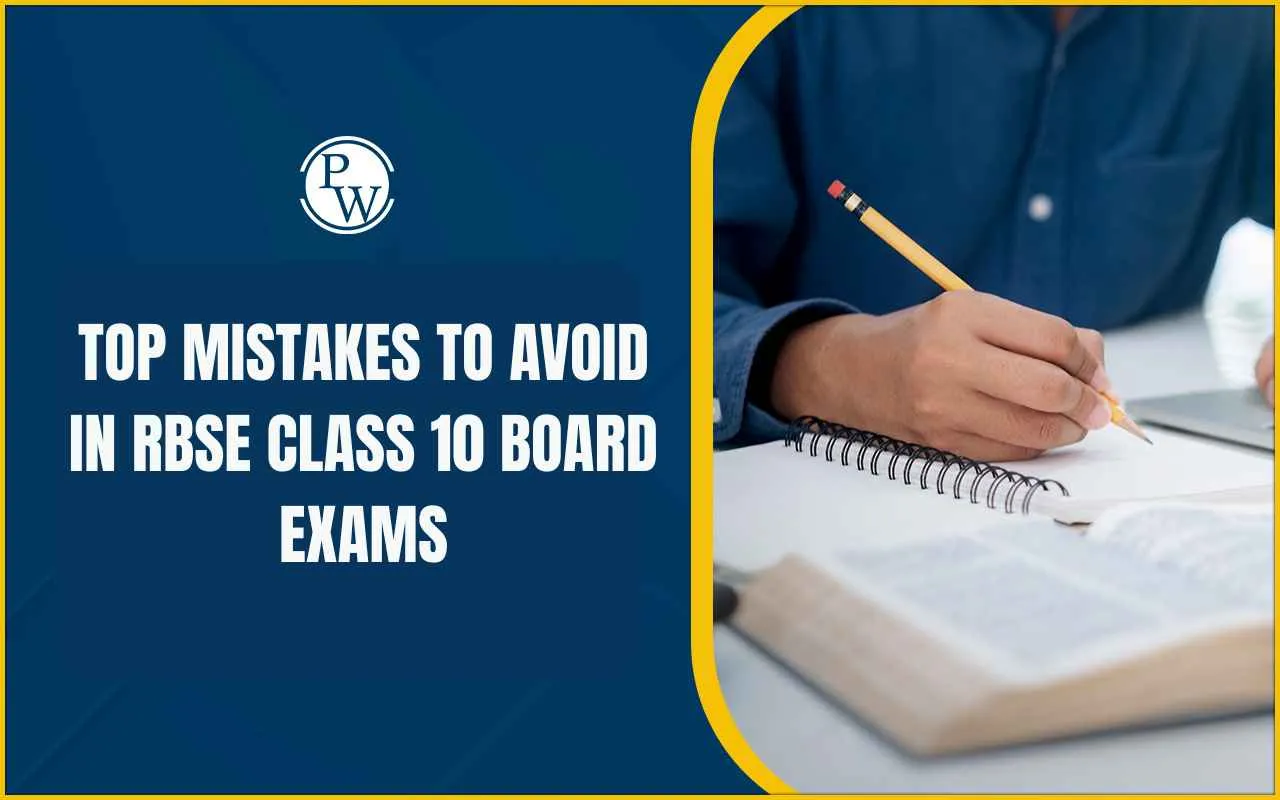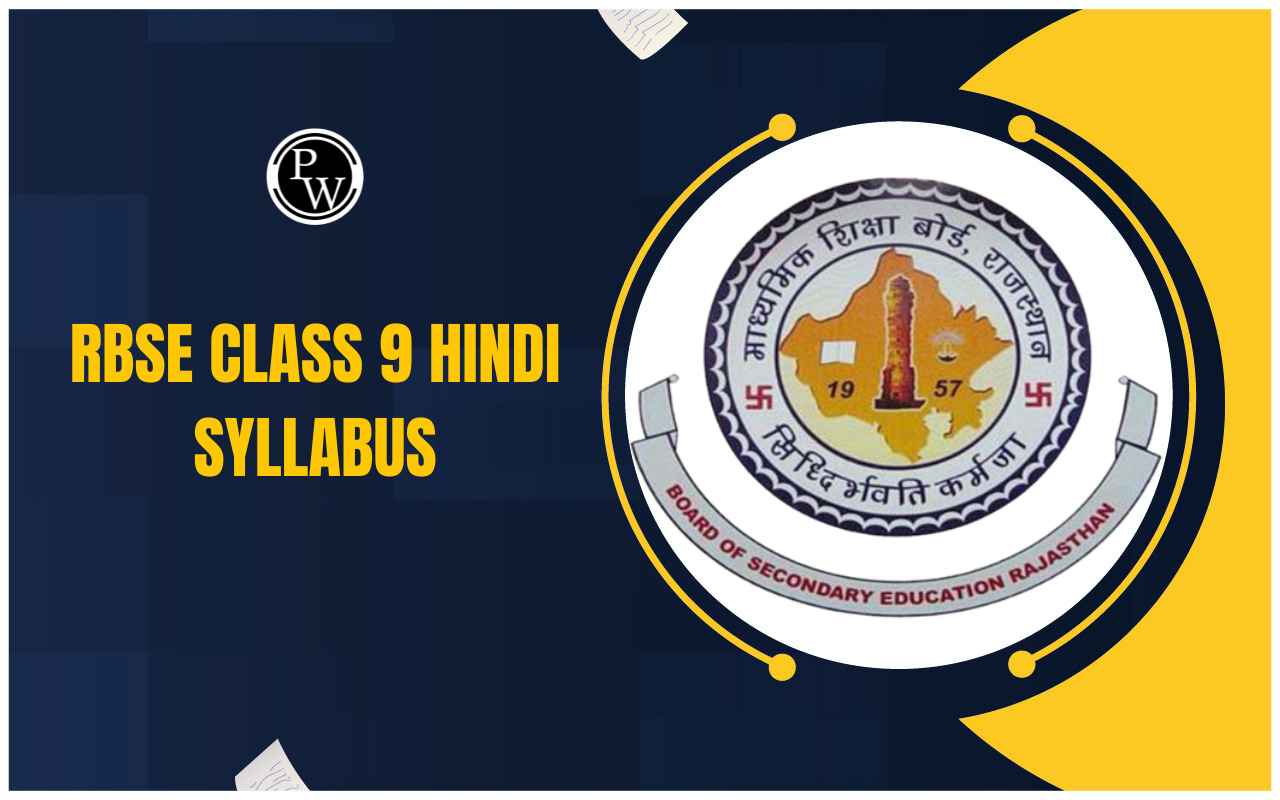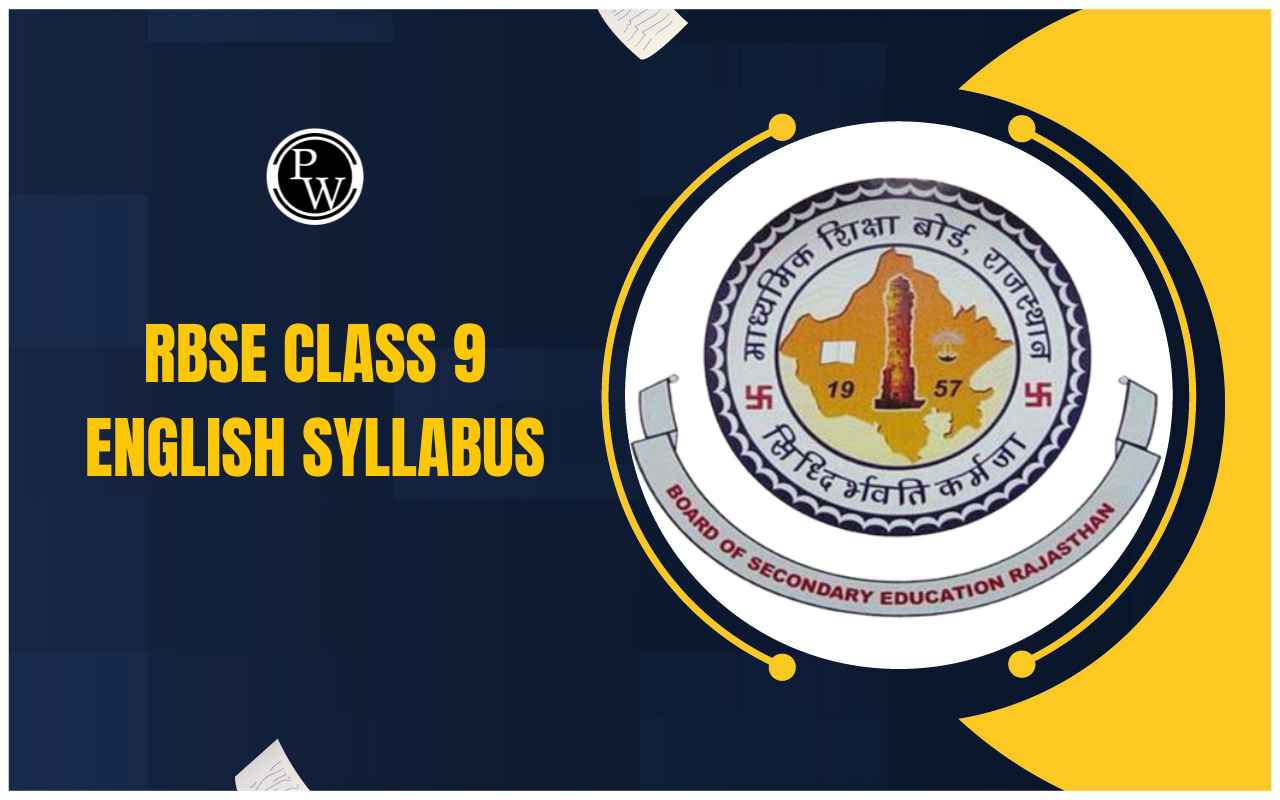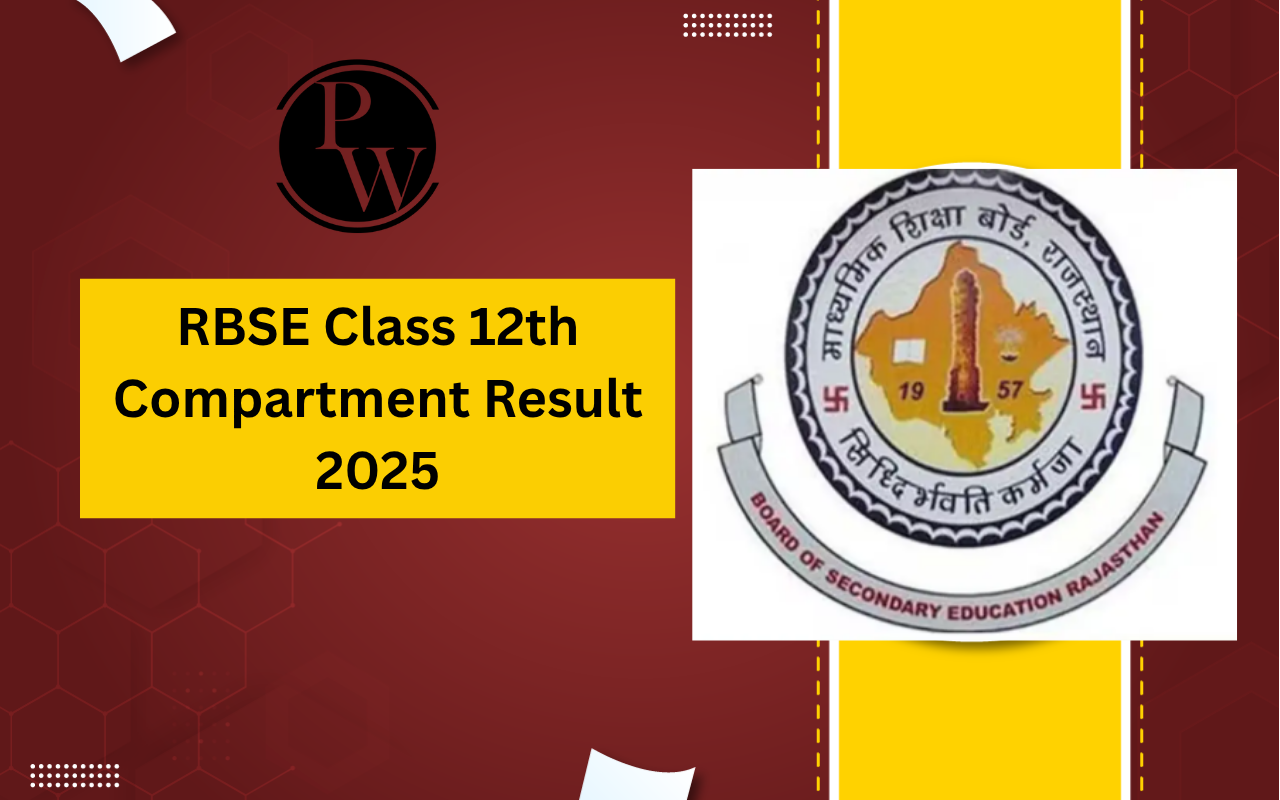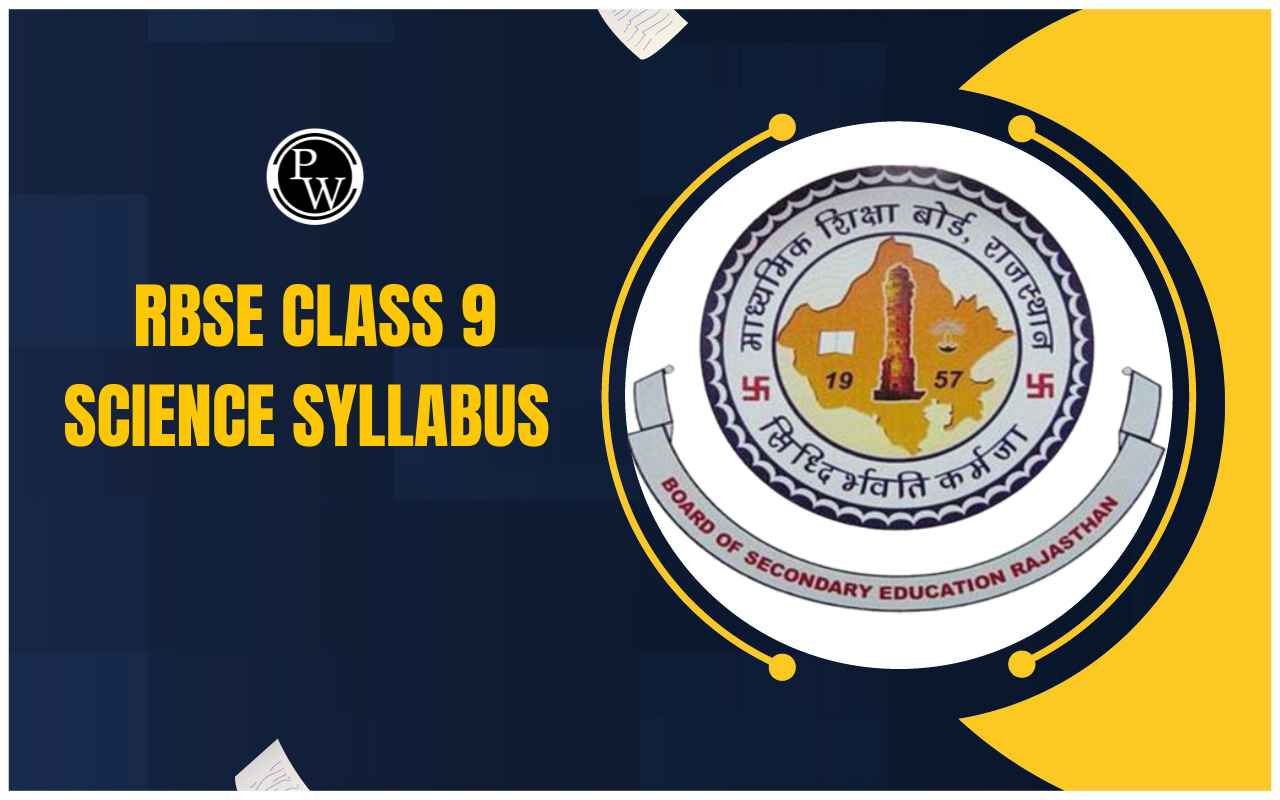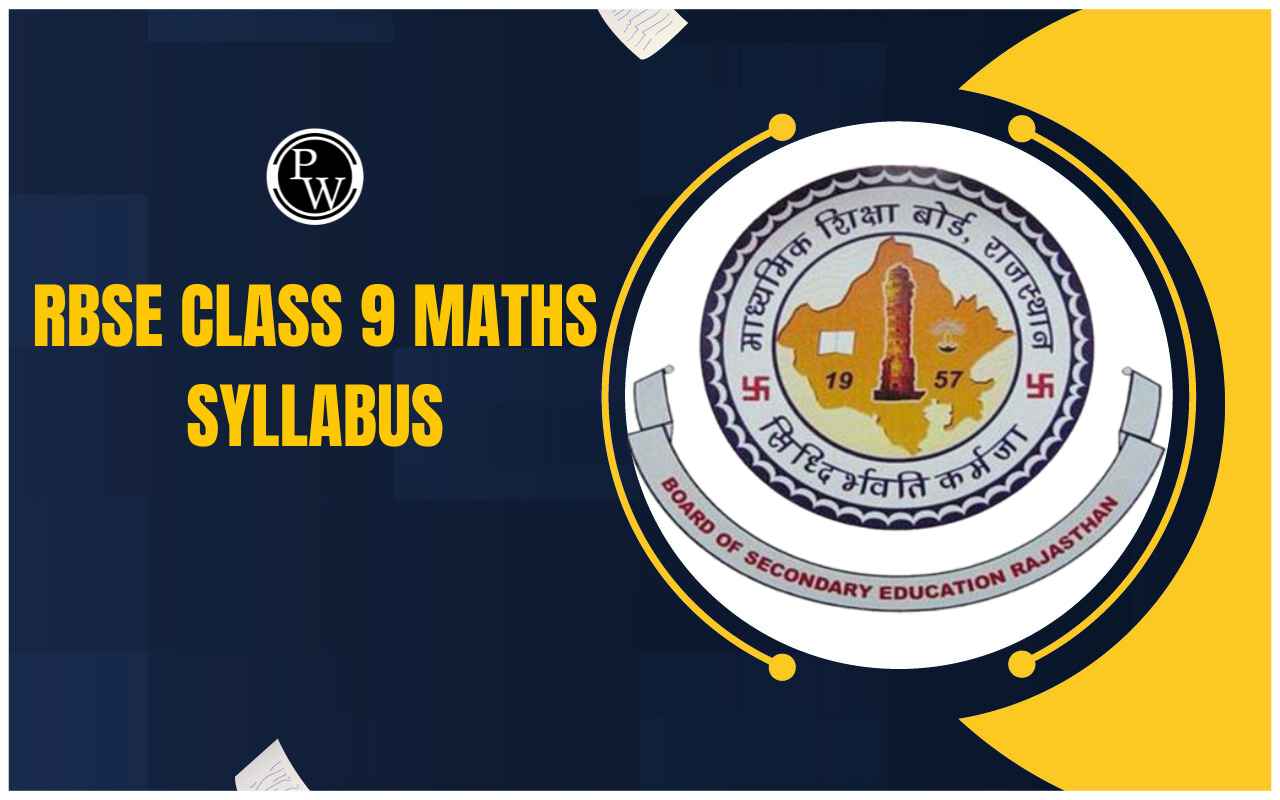
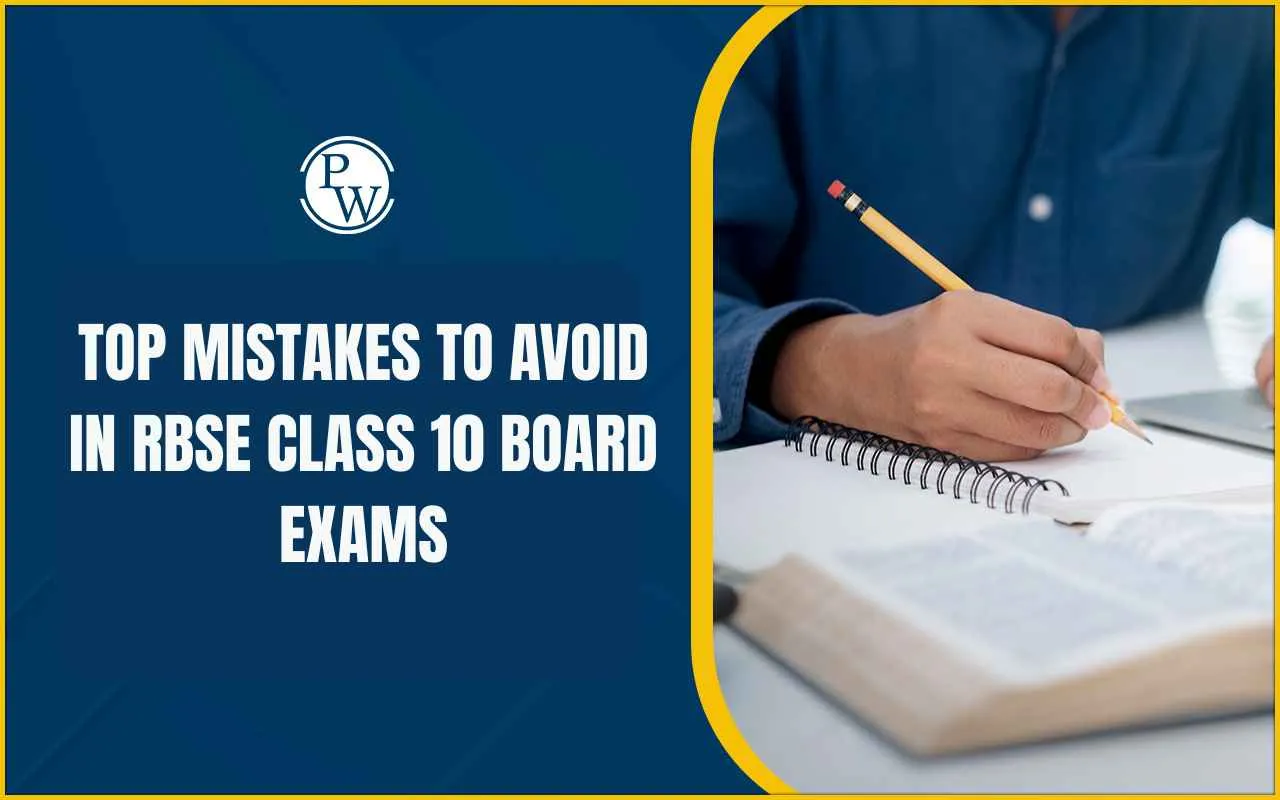
Top Mistakes to Avoid in RBSE Class 10 Board Exams: Preparing for the RBSE Class 10 board exams is a major part of a student’s school journey. Board exams score plays an important role as it helps students decide which stream they want to opt for.
Every student prepares well but preparation for the RBSE board exams requires proper planning. Whether it’s skipping NCERT books, mismanaging time, or writing long unstructured answers, every mistake adds up and students lose marks. Here you can learn how to avoid those mistakes and write answers in a structured manner:
Top Mistakes to Avoid in RBSE Class 10 Board Exams
Even well-prepared students can lose marks if they repeat these avoidable errors. Here’s what you should keep in check during your preparation:
Ignoring the RBSE Syllabus
The first step in the preparation for board exams is checking the official RBSE Class 10th syllabus. Students often study unnecessary topics without referring to the official syllabus and this wastes their valuable time and leads to confusion. Always follow the updated RBSE Class 10 syllabus to stay on track. No matter, if the syllabus hasn’t changed, double check the syllabus and know about the RBSE 10th exam pattern
Skipping NCERT/Board Textbooks
RBSE exams are strictly based on board-prescribed textbooks. Depending too much on help books or guidebooks without thoroughly reading the NCERT-based texts can leave gaps in your understanding. Focus on understanding the concept from NCERT as it includes easy explanations with the help of examples. Questions in the board exams often come directly from textbook examples or chapters.
Not Solving Previous Year Question Papers
Many students leave previous years’ papers for the last week, ignoring its importance. Previous years’ papers help in understanding the exam pattern and the types of questions. Solving these papers beforehand will help you identify the frequently asked questions and give confidence. It will also help you in managing time better during the actual exam.
Leaving Diagrams and Maps for Later
Subjects like Science and Social Science include diagrams and maps that carry good marks. Some students skip them during preparation, thinking they’re easy. However, drawing and labelling diagrams neatly takes practice. Postponing this part of study can affect your overall score.
Memorising Without Understanding
Some students depend only on memorizing long answers word for word. This approach fails as questions can appear in the exam twisted or asked differently. It is important that you understand the logic behind the answer as it will help you write confidently, even if the question is unfamiliar.
Writing Unstructured Answers
Even with the right answer, writing long paragraphs without structure can confuse the examiner and they may give you less marks. It is important to write structured answers with proper headings, bullet points, or neat paragraphs to make your answer easier to read.
Poor Time Management During Exams
You might spend too much time on the first few questions and rush through the rest. This leads to incomplete papers and lower scores. Practice RBSE Class 10 Model papers under timed conditions to learn how to divide time between sections and improve time management.
Ignoring Grammar and Spelling
Language subjects like Hindi and English have marks for grammar and spelling. Even in other subjects, unclear writing or wrong spelling of keywords can lead to marks being cut. Always revise your answers to fix small errors before submitting the paper.
Not Preparing for Internal Assessments/Practicals
Internal exams and practicals also carry marks that affect your overall percentage. Some students neglect these, thinking only the board exam matters. Keep your practical files ready and prepare for internal tests seriously as it can help you score higher in the final result.
Over-stressing and Skipping Breaks
Studying for long hours without rest can lead to burnout and poor memory. It is important to value time before the exams but don't put too much pressure on yourself. Balance your study routine with rest.
How to Write Answers in RBSE Class 10 Board Exams for Scoring Well?
Writing clear and well-structured answers is just as important as knowing the right answer. Here are some simple but effective tips to help you score better in the RBSE board exams:
Read the Question Carefully Before You Begin
Before writing, read each question twice to fully understand what’s being asked. Many students miss keywords like "explain," "compare," or "list," and end up writing off-topic answers. Take a few seconds to plan your answer in your mind before starting.
Start with a Short Introduction and End with a Conclusion
For long-answer questions, begin with a one-line introduction to show that you understand the topic. After explaining the main points, end your answer with a short conclusion. This gives your answer a complete look and shows clarity of thought.
Use Bullet Points or Paragraphs for Better Presentation
Avoid writing answers in one long paragraph. Break them into short paragraphs or use bullet points, especially when listing reasons, features, or steps. You can also underline keywords to make your answer stand out and easy for the examiner to check.
Label Diagrams and Maps Neatly
If your answer includes a diagram or map, draw it clearly and label it properly with a pencil. A neat and correctly labelled diagram can earn full marks.
Stick to the Word Limit and Avoid Repetition
Don’t try to fill extra pages with repeated points. Quality matters more than quantity in board exams. Stick to the required word count and answer to the point. Writing clear answers will save your time and help you complete the paper in time.
Top Mistakes to Avoid in RBSE Class 10 Board Exams FAQs
What are the most common mistakes students make in the RBSE Class 10 board exams?
How important is answer presentation in RBSE Class 10 board exams?
Can solving previous year question papers really help in RBSE Class 10 exams?
Should I focus only on main subjects like Maths and Science?
Do internal assessments and practical marks matter in the RBSE result?

